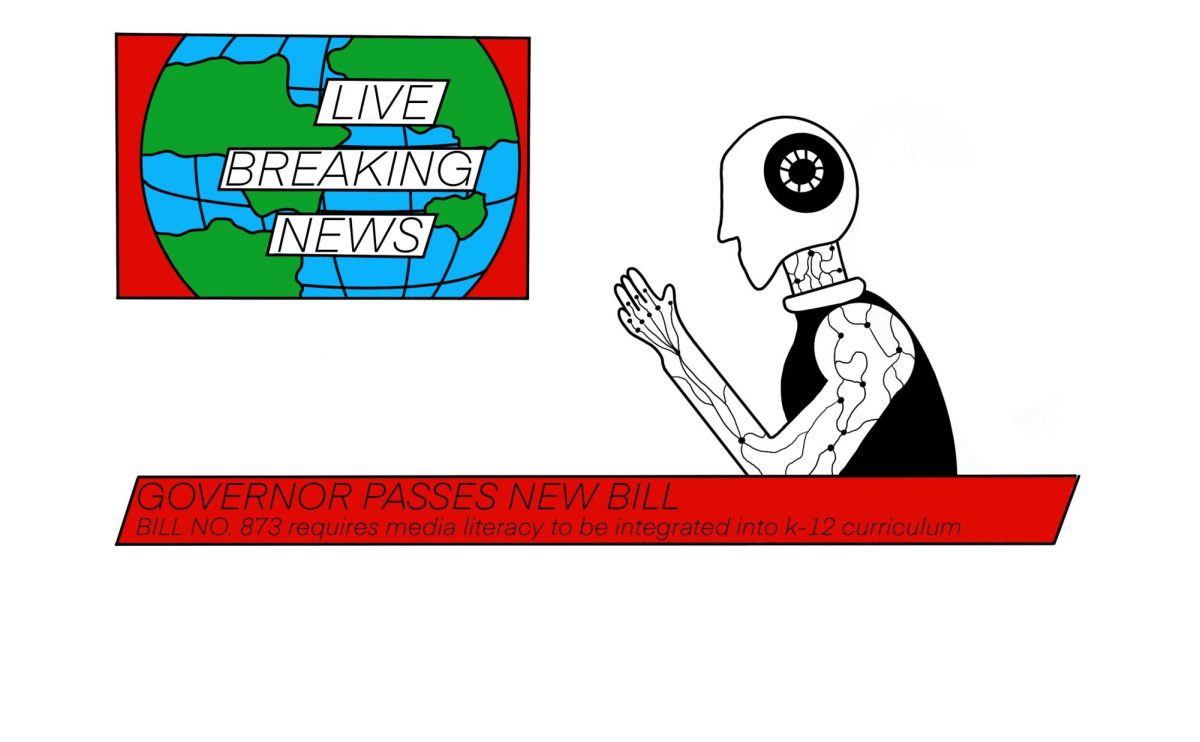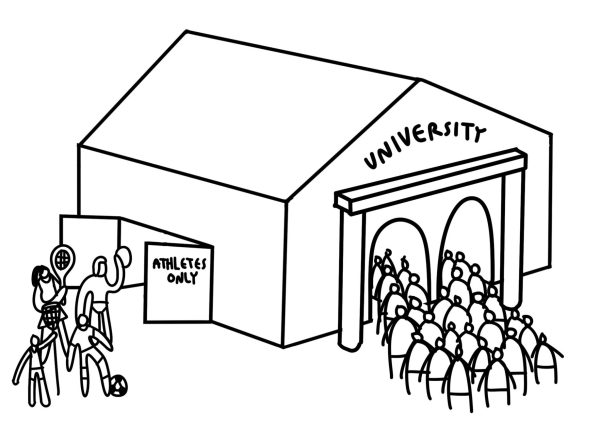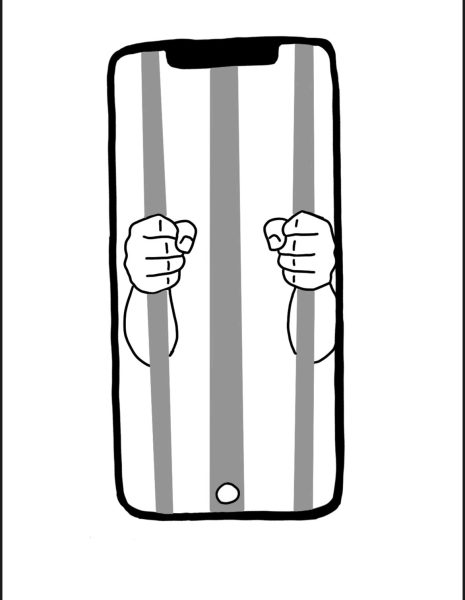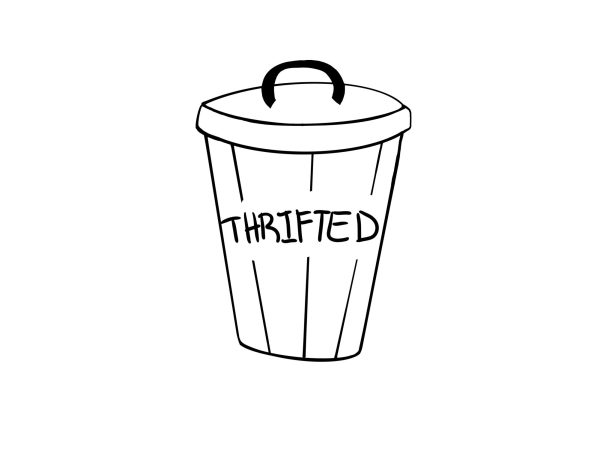It’s time to take the power from PG&E
September 7, 2021
The Kincade Fire, Camp Fire, Butte Fire, Redwood Fire, Pythian Fire and the recent Dixie Fire all have one thing in common: Pacific Gas and Electric (PG&E) power lines are suspected to have been key contributors to each. In 2018 alone, PG&E started fires that killed over 100 individuals. Despite this, they control 56 percent of power lines in California, making them a legal monopoly.
Monopolies are extensively monitored, as their power can be easily abused. Therefore, the state can take away any monopoly’s license to operate as long as it is proven that the company is exploiting their power or gaining it in an unfair way. The state can also enforce the law on eminent domain: a federal law stating that the government can take private properties as long as that land is put to public use, and appropriately compensate the company for the land. Seizing private property and regulating monopolies is part of the government’s job. They must exercise their rightful power over PG&E, as the company is inflicting danger on California citizens.

This idea is something many lawmakers have discussed. In Feb. 2020, California governor, Gavin Newsom, threatened to enforce a public takeover of PG&E if they did not begin to implement a higher standard of safety regulations such as burying power lines. Likewise, California state senator, Scott Wiener, proposed a bill that would turn PG&E over to the California government. According to Wiener, the bill would shift the company focus away from profits and onto public safety. However, it will most likely die because PG&E agreed to change their company to make it safer on the terms that if they do not make improvements, they will sell it to the state.
Although PG&E agreed to reform, this has not yet happened. According to ABC10, the Dixie Fire, caused by PG&E after their promise, has become the largest single fire in California history and has burned over 844,00 acres. Reports show that PG&E believes their equipment may have started the fire, and while it still has not been proven in court, a judge ordered PG&E to submit a full review on their involvement, and the worker who first saw the fire must testify what he saw. PG&E suspects that the fire started from a tree falling on an above ground powerline that, according to ABC10, PG&E had already known was faulty. The PG&E employee who first spotted the fire was responding to a blown fuse, nine hours after PG&E had been notified that there was trouble on that powerline.
The case of the Dixie Fire is not the first time PG&E has been to court. In 2018, PG&E pleaded guilty to the involuntary manslaughter felony of 84 people who were killed in the Camp Fire. This should prove to the government that change is necessary.
Many people are opposed to the idea of a government takeover of PG&E because they don’t think it will make a difference. With constant drought and environmental issues in California, many people blame wildfires on climate change instead of on PG&E. Although PG&E may not be to blame for the size of wildfires, they can be blamed for starting them. Fires like the Dixie Fire, which was started due to PG&E’s lack of quick response, could have been avoided had PG&E been less negligent.
PG&E has struggled for years and is yet to implement changes, giving the public no reason to believe they will stand by their words and truly reform. According to the Wall Street Journal, PG&E has caused 1,500 fires just from June 2014 to December 2017. They have also filed for bankruptcy due to liability lawsuits. This was enough to raise public suspicion and change the way the world viewed PG&E. Despite this, no change has been made.
It is not safe for PG&E to continue to have such an excess of power, and because they have not proven to the public that they have changed their ways, it is time for the government to step in and take over the company. No company that practices negligence and risks the wellbeing of Californians should be able to continue to operate freely.





















